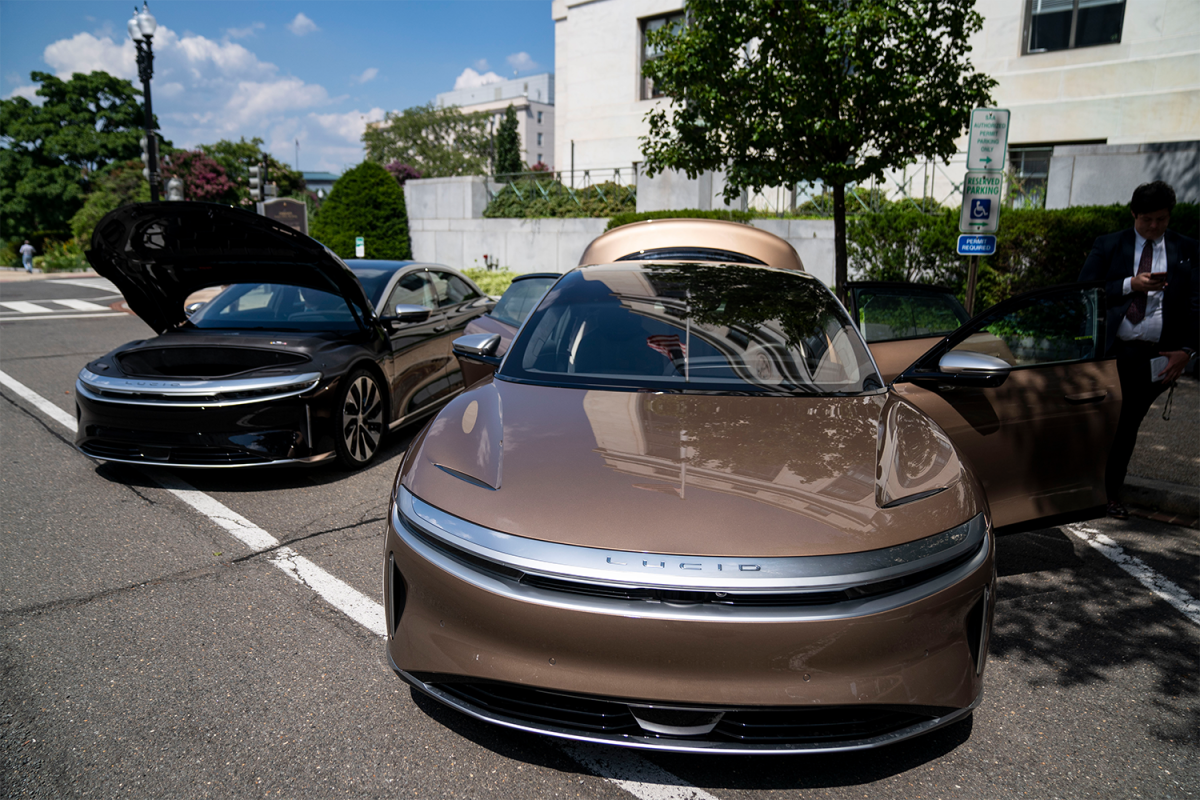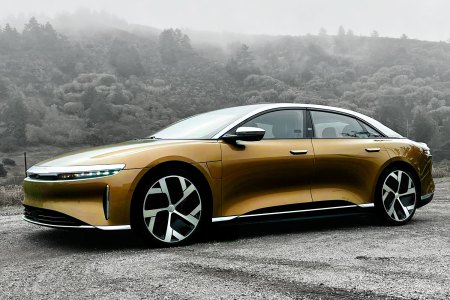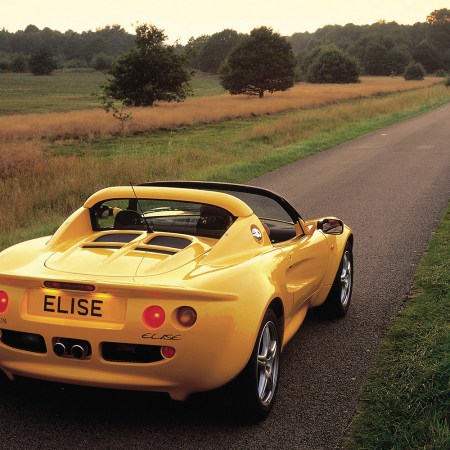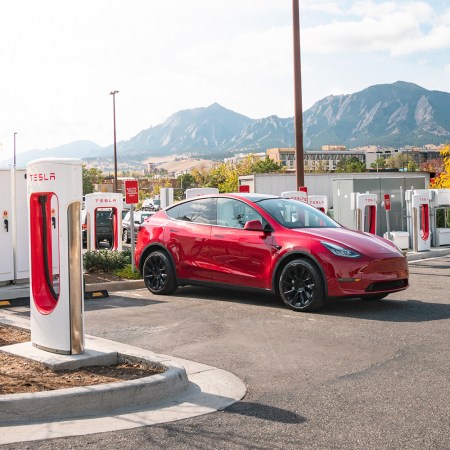Back in 2010, AutoGuide.com published a review of an original Tesla Roadster, back when the electric cars were still built on Lotus Elise chassis, and found it to be, on the whole, “massively impressive.” But they were testing it and then handing the keys back. For people who were actually shelling out six figures for the early EV, they had some words of warning.
“As incredible as it is, the Tesla has its drawbacks…. The interior looks good from afar, but for a $100,000 car, it could use some work,” Derek Kreindler wrote. He added, “One could say that it’s typical Lotus low-rent charm, but buyers of the Tesla are likely unaware of the spotty build quality that plagues that marque, and it seemed a little insidious to cut corners like this, especially in spots where most people wouldn’t look.”
While Tesla still comes in near the bottom on Consumer Reports’ reliability ranking, the automaker has greatly improved its build quality in the last decade. After all, the company is now a real contender in the automotive space, something that was far from a sure thing 12 years ago.
Now the electric vehicle upstarts attempting to follow in Elon Musk’s footsteps appear to be having the same problems Tesla did. However, in 2023, when EVs are close to the mainstream instead of a fringe curiosity, these problems are harder to stomach.
For Autoweek, Jim Motavalli reported on the “serious problems” some Lucid and Rivian owners are experiencing with their high-end EVs. The issues cited include complaints filed with the National Highway Traffic Safety Administration as well as some pulled from online forums, and range in scope from a Lucid Air moving forward when it was set in reverse to a Rivian that reportedly rolled backwards on a slope despite being set in park.
Motavalli makes a distinction between normal “start-up woes” and what is presented here as a trend of significant issues with these electric vehicles. What’s more, with Lucid Air starting prices ranging from $87,400 to $138,000 (for the Pure and Grand Touring, respectively) and Rivian starting prices from $73,000 to $78,000 (though they can reach to over $100,000 with certain added features), it appears owners are expecting more for their money.
Is the Lucid Air Worth the Hype?
Our writer contemplates our EV future — while going 0 to 60 in 2.6 secondsIn response, Rivian addressed one voluntary recall cited by Autoweek, and told the outlet that the company “has the capacity to inspect all affected vehicles and make any necessary repairs within 30 days, and that there is no cost to customers, nor is there any material financial impact to the company.” For its part, Lucid said the company “identifies and investigates concerns wherever they may be raised, and works with customers and regulators to take action when appropriate.” As an example, the incident Motavalli recounted at the story’s opening, about a Lucid moving forward when in reverse, has reportedly been fixed by a software update, according to the user who uploaded a video of the issue.
There’s another major caveat to the “serious problems” recounted here by Autoweek. While the story notes that there are 10 NHTSA complaints and three recalls for the Rivian R1T, zero complaints and two recalls for the R1S SUV, and nine complaints and three recalls for the Lucid Air, it doesn’t offer a comparison for other electric vehicles. For example, the NHTSA site currently lists the 2022 Ford Mustang Mach-E with three recalls and 20 complaints, while the Tesla Model 3 shows 10 recalls and a whopping 473 complaints.
In short, there’s no need to sound the alarm on the newcomers quite yet. If these issues persist for years with no improvement, then we’ll have something to worry about. The big question is whether or not these two upstart companies can make it through the tough first years and become real, competitive automakers.
More like this
Thanks for reading InsideHook. Sign up for our daily newsletter and be in the know.


















